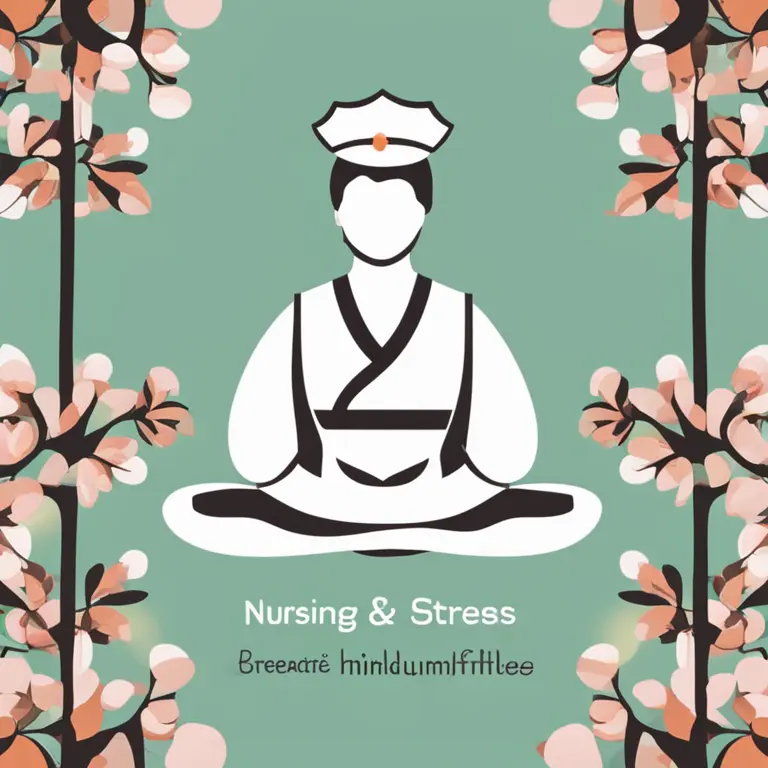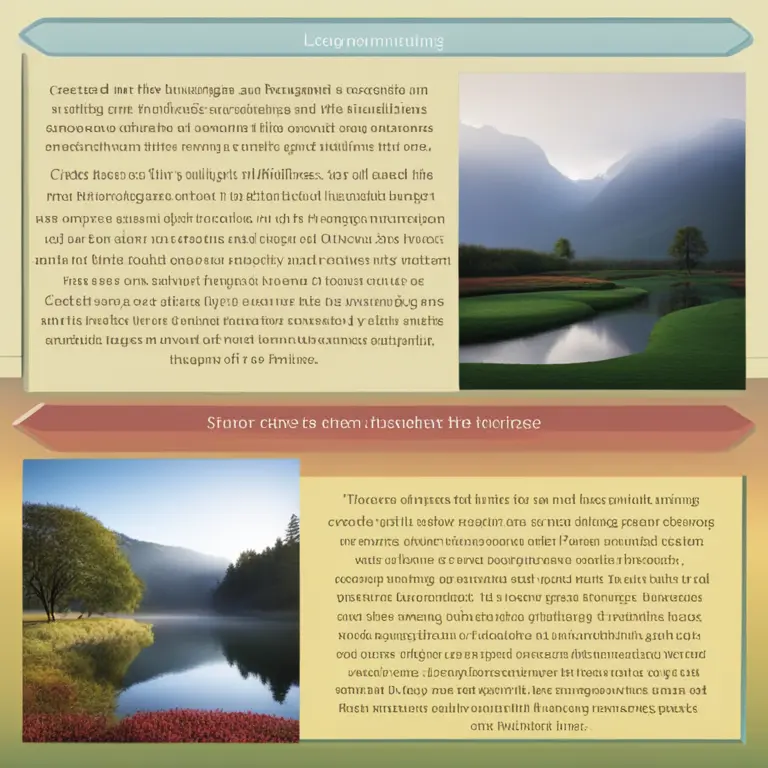
Mindful Moments for Nursing Professionals
Discover the benefits of mindfulness meditation tailored for nurses, enhancing resilience and patient care amidst the demands of the healthcare profession.
article by Hina Kurosawa
Nursing Stress and the Need for Mindfulness
Today's healthcare environment is more challenging than ever, with nurses at the forefront, witnessing an ever-increasing workload, patient distress, and the emotional aftermath of the prevailing global health challenges. As 2024 unfolds, the demand for effective stress-management tools is undeniable. Mindfulness meditation emerges as a beacon of relief, offering nurses a way to cultivate inner peace, enhance focus, and rejuvenate their compassion – all of which are crucial for optimal patient care.

The Core of Mindfulness Meditation
Mindfulness meditation is a practice rooted in ancient traditions, now backed by modern science. It involves the conscious direction of attention to the present moment, acknowledging and accepting one's feelings, thoughts, and bodily sensations without judgment. This process allows nurses to pause amidst chaos, reflect introspectively, and respond to stressors with increased clarity and calmness. The implications for mental health and job satisfaction are both immense and invaluable.

Integrating Mindfulness into Nursing Routines
Embracing mindfulness meditation doesn't require lengthy sessions. Nurses can integrate brief, regular practices into their daily routines, such as during a short break or before a shift. Starting with just a few minutes of focussed breathing exercises or guided meditations can set a tone of tranquility for the day. As the practice deepens, many report significant improvements in their ability to handle the emotional rigors of nursing with grace.

Research and Current Perspectives
Contemporary research, particularly from 2024 onwards, supports the implementation of mindfulness in nursing. Studies indicate that nurses who practice mindfulness are more resilient, exhibit lower burnout rates, and have higher levels of patient satisfaction. The growing endorsement by healthcare institutions underscores its effectiveness, highlighting a trend towards holistic well-being for both caregivers and patients.

Mindfulness and Patient Care
The resonance of mindfulness extends beyond the individual nurse; it positively impacts patient care. A mindful nurse is a beacon of calm professionalism, often leading to a therapeutic presence that patients find comforting. The ability to stay grounded and present translates into more attentive and compassionate care, fostering an environment where healing thrives.
Starting Your Mindfulness Journey
For nurses ready to embark on the mindfulness journey, there are numerous resources available. Many healthcare institutions now offer workshops and training programs. Digital platforms and apps tailored for healthcare professionals are on the rise as well, providing accessible means to guided sessions and mindfulness communities where one can find support and camaraderie.
The Path Ahead
As we navigate the evolving terrain of healthcare, mindfulness for nurses is no longer a luxury but a necessity. Looking forward to the future, we see mindfulness embedded in nursing curricula and continuous professional development, refining the art of nursing and elevating the standard of care. It's a path that promises well-being for nurses and patients alike, a trajectory to a more mindful healthcare ecosystem.
Published: 1/18/2024
Modified: 1/18/2024
More predictions
Come back here soon to learn more about yourself and your future


Mindfulness Meditation As A Tool for Anxiety Relief
Discover how mindfulness meditation can be a powerful tool for anxiety relief, fostering a sense of peace and well-being through simple, guided practices.


The Connection Between Meditation & Mindfulness
Discover the relationship between meditation and mindfulness, and how these practices contribute to mental clarity and inner peace.


The Art of Mindfulness Meditation: A Step-by-Step Guide
Discover the serene journey of mindfulness meditation—learn the art of presence and cultivate a more mindful, peaceful existence.